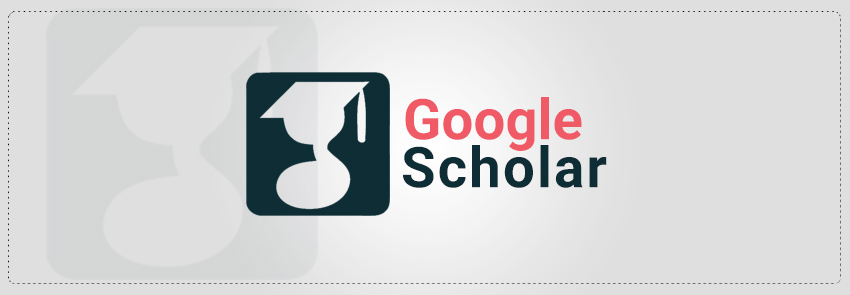Comparing the Effectiveness of Sexual Cognitive-Behavioral Education and Sexual Well-Being Education on Sexual Satisfaction and Sexual Self-Efficacy of Couples with Low Sexual Well-Being
Keywords:
Sexual cognitive-behavioral education, sexual wellbeing education, sexual satisfaction, sexual self-efficacyAbstract
The present study aimed to compare the effectiveness of sexual cognitive-behavioral education and sexual well-being education on sexual satisfaction and sexual self-efficacy of couples with low sexual well-being. This study employed a quasi-experimental design with a pre-test, post-test, and follow-up, including experimental and control groups. The statistical sample consisted of 90 participants, comprising 45 couples, selected using a systematic random sampling method and assigned to three groups. The research instruments included the Sexual Well-Being Questionnaire, the Sexual Satisfaction Questionnaire, and the Sexual Self-Efficacy Questionnaire. Repeated measures analysis of variance (ANOVA) was used for statistical analysis. The results indicated that the implemented interventions were effective in improving sexual satisfaction and sexual self-efficacy in couples with low sexual well-being, with significant differences observed between the groups in the post-test and follow-up stages (p < .05, p < .01). The findings of this study indicate that both cognitive-behavioral sexual education and sexual well-being education effectively enhance sexual satisfaction and sexual self-efficacy among couples with low sexual well-being. However, sexual well-being education demonstrated greater effectiveness in improving sexual attitude and quality of sexual life.
Downloads

Downloads
Additional Files
Published
Submitted
Revised
Accepted
Issue
Section
Categories
License
Copyright (c) 2025 Narges Salak (Author); Seyed Hamid Atashpour (Corresponding Author)

This work is licensed under a Creative Commons Attribution-NonCommercial 4.0 International License.







